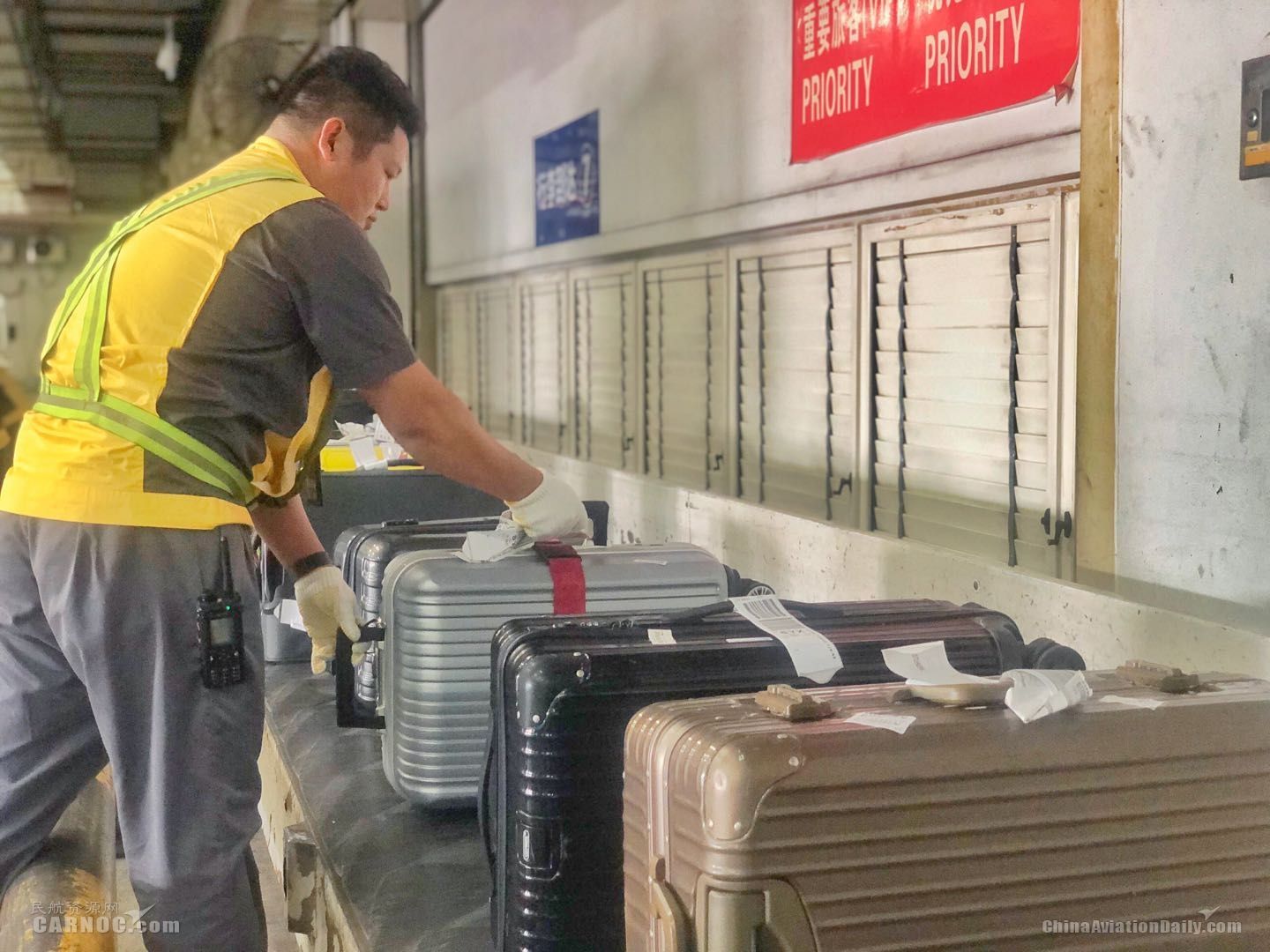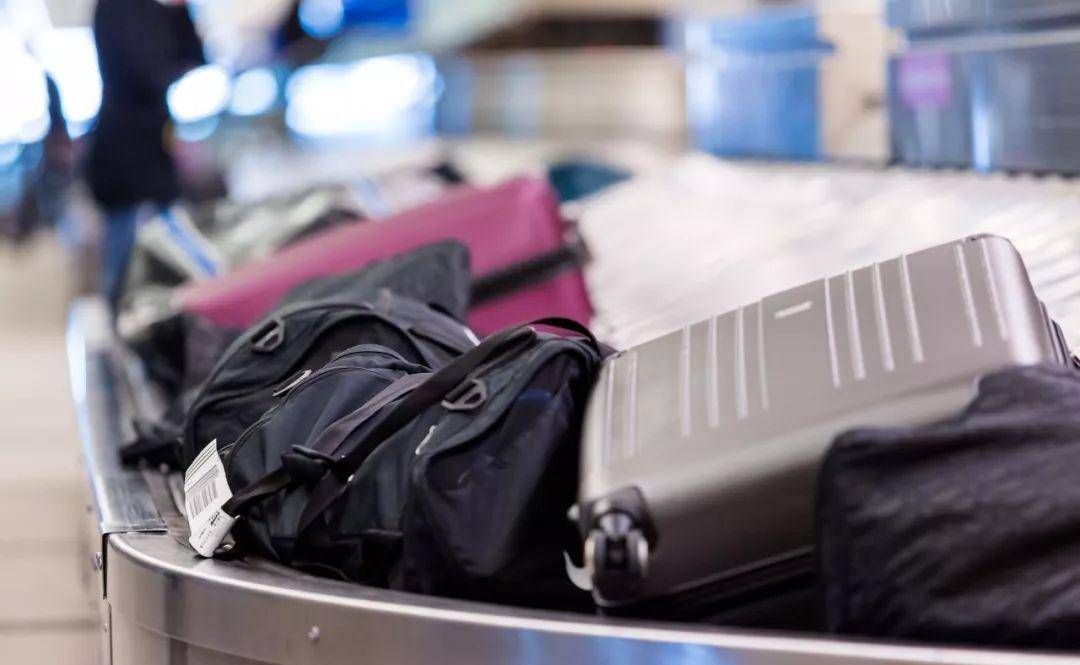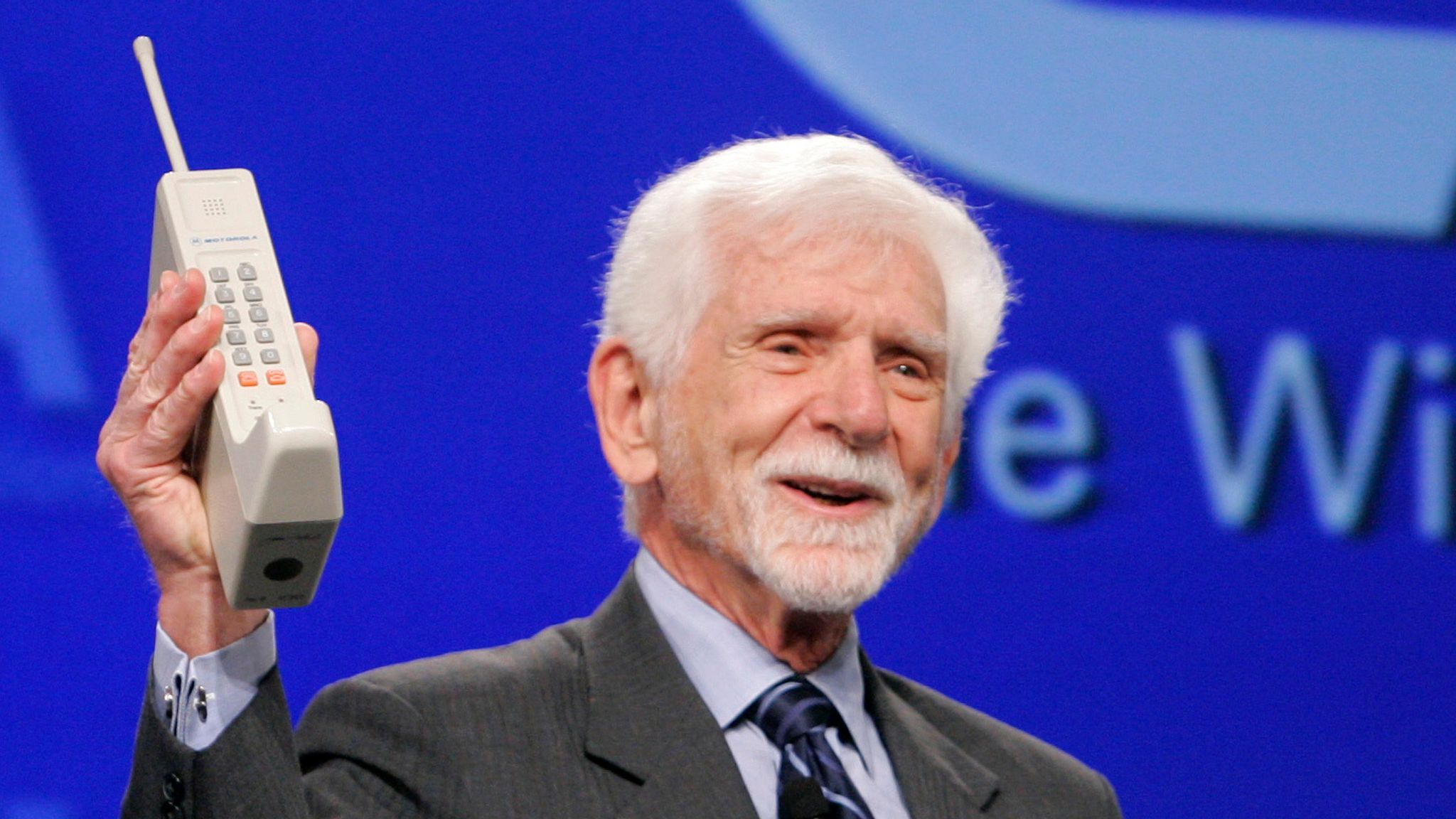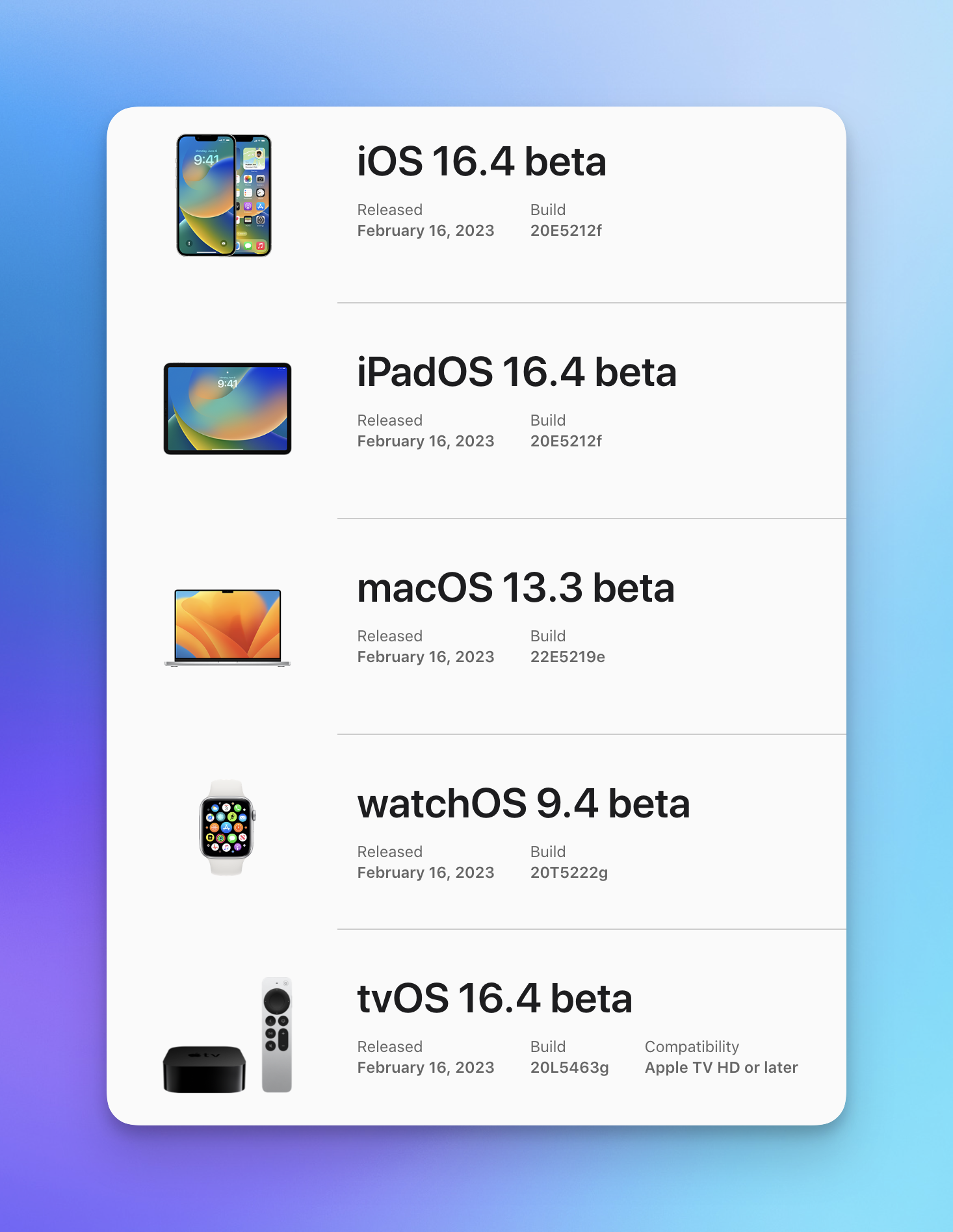Nowadays, with the continuous development of RFID technology, the application of RFID has become wider and wider, including the aviation field. In June last year, the International Air Transport Association IATA issued a resolution to support the application of RFID technology to airline luggage tracking.
For passengers, the probability of luggage loss using RFID technology will be further reduced, thereby eliminating some travel stress.
For airlines and airports, easier baggage tracking means higher customer satisfaction, faster operational efficiency, fewer employee injuries, resulting in substantial cost reductions and expected revenue increases.
Understand RFID to create a more perfect scene application
Although the IATA resolution does not impose a deadline for the implementation of RFID baggage tracking, it encourages all parties to implement the gradual deployment of RFID under the conditions of mature technology. At the same time, RFID technology can also develop more mature and powerful in the continuous running-in of various scenarios in the aviation field, and can be applied to meet the actual needs of users.
The two iconic performances of RFID tags: speed and accuracy, make it undisputedly surpass barcodes: – Compared with the lengthy and complicated operation of the latter, which can only read one tag at a time, RFID's high accuracy rate for large batches of luggage at one time Read on, the efficiency is obvious. In addition, the non-contact reading characteristics of RFID tags (even during transportation) can ensure that luggage is not missed during loading and unloading. Furthermore, the environmental resistance makes the tag effective against damage that may be suffered during baggage handling. Because the chip that records the data is embedded in the RFID tag, the information is kept secure. Read performance remains unaffected even when labels are warped. RFID integrates these advantages, helping the reading accuracy rate to be nearly 100%, far exceeding the 85-90% of barcodes. The higher the baggage reading and tracking rate, the lower the abnormal baggage rate and the lower the disposal cost.
For a long time, airlines have spared no efforts in reducing the rate of abnormal luggage. In 2018, the loss rate was only 6/1000. number one problem. Plus, airlines are paying a hefty price for every piece of mishandled luggage: The cost of recovering a bag and returning it to a customer is about $100, a figure that will rise to $2.7 billion by 2020.

The more accurate and extensive tracking methods endowed by RFID technology have reduced the total number of abnormal air luggage from 24.8 million to almost zero. International Aeronautical Telecommunications Group (SITA), which provides IT solutions for global airlines, predicts that if RFID technology is not adopted, the abnormal baggage rate will remain at the level of 6 per thousand for a long time.
This technology also allows passengers to track the movement of luggage in real time through mobile phone applications, thus giving passengers more control. According to IATA research, 84% of travelers expect technology to track their luggage in real time.
RFID: A winning formula for airlines
RFID is a thing for the civil aviation industry. According to Avery Dennison's implementation experience, the baggage throughput can be increased by 18%, and the loading time on the apron can be reduced by 4 minutes and 1 man-hour per flight. For low-cost airlines, where aircraft utilization is critical to profitability, RFID's synergies are particularly evident; the technology can also reduce carbon emissions by significantly reducing the airline's transportation costs to retrieve lost luggage.
There are also many benefits for baggage operators using RFID technology. Since there is no need to frequently move and adjust the luggage position to align the scanning gun like scanning barcodes, the feasibility of labor injuries is also reduced by as much as 21%.
In addition, the deployment of RFID technology can also help airlines increase revenue from checked luggage. Since this technology can significantly improve passengers' confidence that their luggage will arrive at their destination, people's willingness to pay for checked luggage will also increase accordingly.
The advantages of RFID technology for luggage tracking have not only been supported by the IATA Council, but also recognized by more and more airlines and airports. Avery Dennison is providing considerate and professional services to customers all over the world with its unique technology and experience, combined with strong product development and supply chain capabilities.

Why Choose Avery Dennison Smart Labels?
Specially designed tags for airline baggage tracking, fully compliant with IATA resolutions 740 and 753, and RFID-based tags and system standards defined in RP 1740c.
Since 2004, Avery Dennison has been committed to the development and promotion of RFID applications in aviation and other industries, and has been leading the industry. As the world's largest UHF RFID partner, Avery Dennison has delivered more than 20 billion pieces of various tags to users, and has the most extensive and reliable series of solutions. Avery Dennison has participated in various major RFID deployment projects around the world, and has reliable delivery capabilities for various challenging application scenarios. Avery Dennison is not only a supplier of key components, but also a reliable consultant and partner. Avery Dennison has long-term cooperation with printing compounders and brand owners to promote win-win cooperation for all parties; Avery Dennison provides solution consulting and works closely with system integrators to ensure seamless integration of label products with RFID readers and software integrated. From initial technology validation testing to global application deployment, Avery Dennison is a trusted partner for customers.
Innovation is the DNA of Avery Dennison – Avery Dennison has a global innovation center, including three exclusive RFID research and development laboratories, nearly 300 engineers and scientists, focusing on improving product design to provide customers with customized solutions. Avery Dennison continues to absorb innovative ideas through open cooperation across industries. Avery Dennison has been in business for more than 80 years and has a long history of designing and manufacturing RFID tags, ensuring that each inlay has been rigorously tested, reliable and consistent in performance, and performs well in every application scenario.
The global operating network also ensures Avery Dennison's fastest response to major airports and airlines, creating high-quality and satisfactory service levels.
Delta Air Lines: RFID Strength Witness
The world's largest airline Delta Air Lines' application of RFID has given Avery Dennison a best example. According to the data of the main site, the use of RFID technology can save 3 minutes for luggage loading, reduce the number of luggage operators from 4 to 3, and reduce the injury rate by 21%. The rapid positioning feature of RFID technology can also quickly re-plan the backlog of luggage, helping Delta respond to various weather changes more quickly. At the same time, passengers can quickly obtain the location status of their luggage through the mobile phone application. RFID helps airlines improve passenger satisfaction, protect employee health and safety, and bring about substantial cost reductions.
Avery Dennison and IATA are long-term strategic partners and are committed to continuously developing RFID applications for the aviation field. At the same time, promote the development of the industry through close cooperation with airlines, airports, label printing compounders and system integrators.

